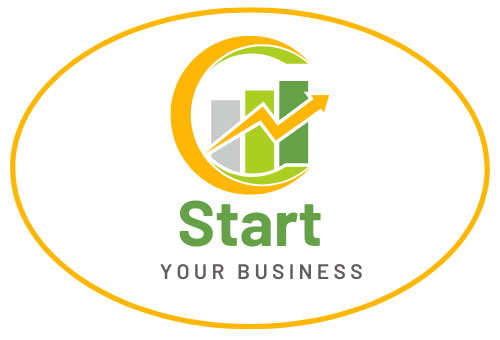
Documents Required
- PAN Card
- Aadhaar Card
- Electricity Bill
- Rent Agreement
Proprietorship Registration including GST and Udyam Registration.
Basic
All Inclusive
- GST Registration
- Udyam Registration
GSTIN + Accounting
12 Months
- GST Registration
- Full Year Accouting
- Bookkeeping
- GST Return Filing
- LEDGERS Software
Features
- Super Fast Service
- Affordable Price
- Experienced Team
- Track Service Status
Contact Us
[gravityform id=”1″ title=”false” ajax=”true”]
Proprietorship Registration
Sole proprietorship is one of the oldest and easiest Business Structure to start in India. A proprietorship is a type of business that is owned, managed, and controlled by one person – who is the proprietor. As the proprietorship and proprietor are one and the same, it is very easy to start and there are very minimal compliance requirements.
As the proprietor and the business are one and the same, a proprietorship cannot have other partners or shareholders. Further, there is no limited liability protection for the proprietor from the business activities conducted in the sole proprietorship. Hence, this type of business entity is best suited for every small businesses with no more than 5 employees.
StartYourBusiness can assist you in registering a Sole Proprietorship, a simple and efficient business structure that is ideal for solo entrepreneurs. With our expert guidance and streamlined process, you can start your proprietorship quickly and hassle-free. Start your Sole Proprietorship with us and unlock the potential of your business ideas.
Play Video
Overview
Proprietorship Registration in India
Registering a proprietorship in India follows a unique approach, as there isn’t a dedicated government-established registration process for this business structure. Instead, a proprietorship gains recognition through tax registrations mandated by relevant laws and regulations.One pivotal tax registration is the GST (Goods and Services Tax) Registration, which must be secured under the proprietor’s name to formalize the business’s proprietorship status. This registration signifies that the proprietor is conducting business within the framework of a proprietorship.
FAQ
Frequently asked questions.
- A proprietorship, also known as a sole proprietorship, is a type of business structure owned and operated by a single individual. It is the simplest form of business organization, where the owner retains complete control and responsibility for all aspects of the business.
What are the advantages of a proprietorship?
- The advantages include ease of formation, full control over business decisions, simplicity in tax reporting (income is reported on the owner’s personal tax return), and fewer regulatory requirements compared to other business entities.
What are the disadvantages of a proprietorship?
- The primary disadvantages include unlimited personal liability for business debts, difficulty in raising capital, and challenges in transferring ownership if the owner decides to sell or retire.
Do I need a separate bank account for my proprietorship?
While it’s not legally required, it is highly recommended to open a separate business bank account to keep personal and business finances distinct. This helps in better tracking of income and expenses and simplifies tax reporting.
